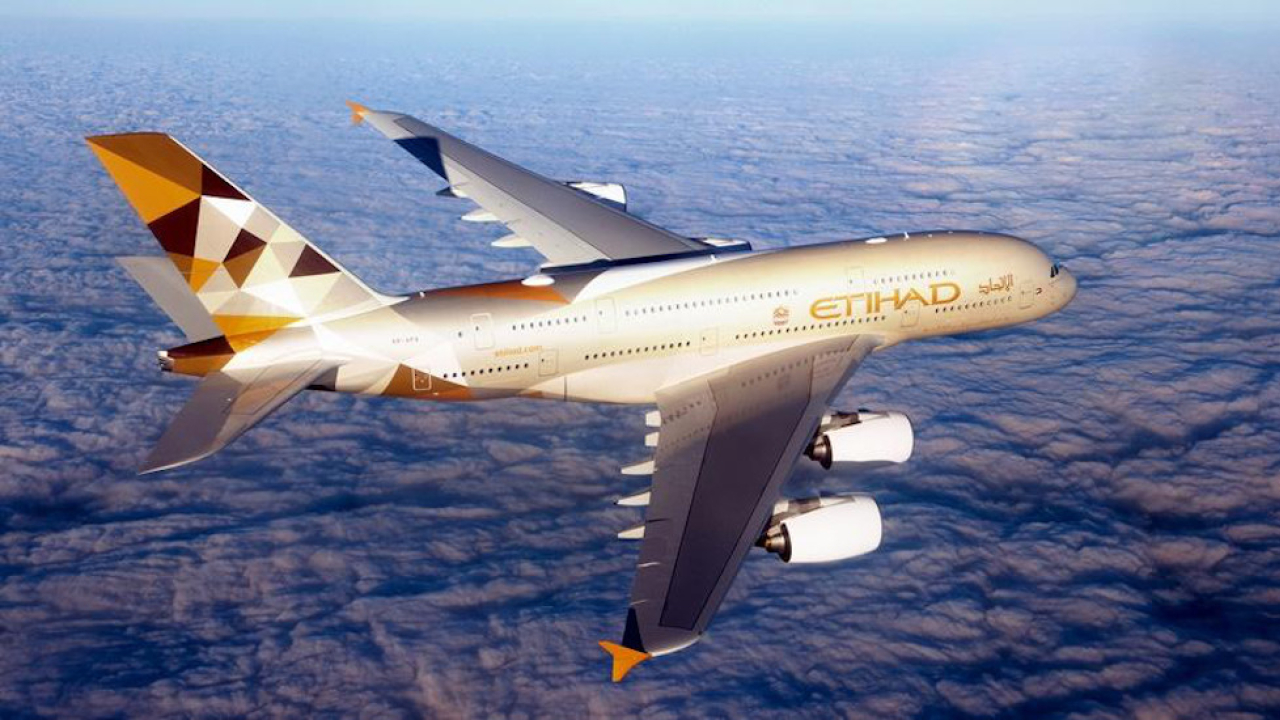Kuwait Airways fined $1m for unpaid contracts

The long-running battle stems from Philippines Airlines’ claims that Kuwait Airways should pay for the uplift of passengers and cargo from April 13 to October 28 1995, after the governments of Kuwait and the Philippines signed a confidential memorandum of understanding granting exemptions to royalty payments effective on the signing of the agreement, April 12 1995.
Kuwait Airways argued that the bilateral agreement in effect terminated the commercial agreement it entered into with Philippine Airlines which specified that the third and fourth freedom traffic rights will be observed, along with the revenue-sharing agreement that go with it.
PAL does not dispute the provisions of the confidential memorandum of understanding, but told the court it cannot take effect immediately. It said the termination date of the commercial agreement is October 31, 1995 or the last day of the traffic period for that year.
On the other hand, Kuwait Airways argued that the bilateral agreement is superior to the commercial agreement having signed by both governments. It maintained that the government-to-government accord terminated the airline-to-airline contract soon after the former was signed in 1995.
But the Supreme Court said not even the two governments could immediately terminate the commercial agreement between the two commercial airlines.
The high court explained that even if PAL is subject to the limits of the law, still, the government has to respect the property rights of the airline and cannot arbitrarily confiscate or appropriate any property without due process of law.
“There is nothing to prevent the Philippine government from utilising all the proper channels under the law to enforce such closure, but unless and until due process is observed, it does not have legal effect in this jurisdiction,” it said.
“Even granting that the ‘agreement’ between the two governments or their representatives creates a binding obligation under international law, it remains incumbent for each contracting party to adhere to its own internal law in the process of complying with its obligations,” the high court said.
It added that the commitment made by the government or its alter ego cannot be considered “divine” so as to exclude the legal rights of private persons.
The high court added that had PAL remained a government-owned and controlled corporation, it would have had no choice but to abide by the bilateral agreement. In 1992, a private consortium acquired 67% of PAL shares.
In its decision, the Supreme Court said that while it sympathises with Kuwait Airlines for relying on the commitment made by the Philippine government, everyone still needs to “respect the segregate identity of the government and that of a private corporation and give due meaning to that segregation, vital as it is to the very notion of democracy.”
At the same time, the high court faulted the executive department, particularly the Civil Aeronautics Board, for its failure to resort to legal remedies such as annulment or reformation of the contract between PAL and Kuwait Airlines.
Stay up to date
Subscribe to the free Times Aerospace newsletter and receive the latest content every week. We'll never share your email address.

